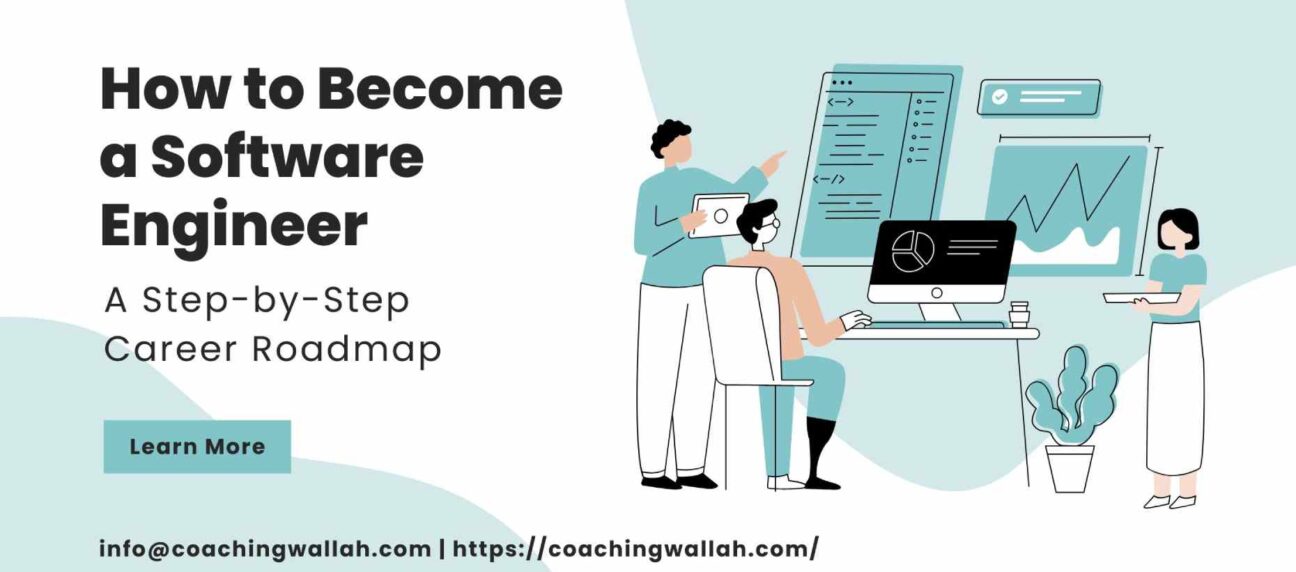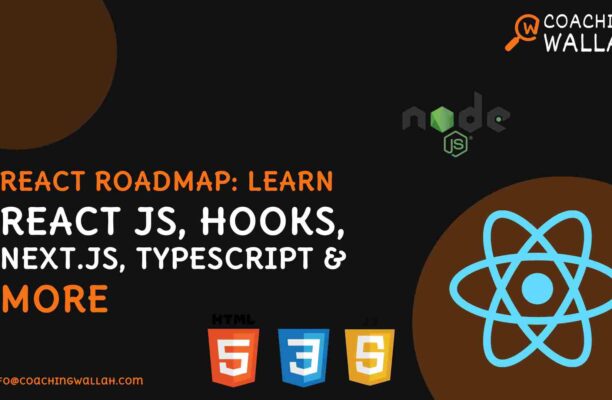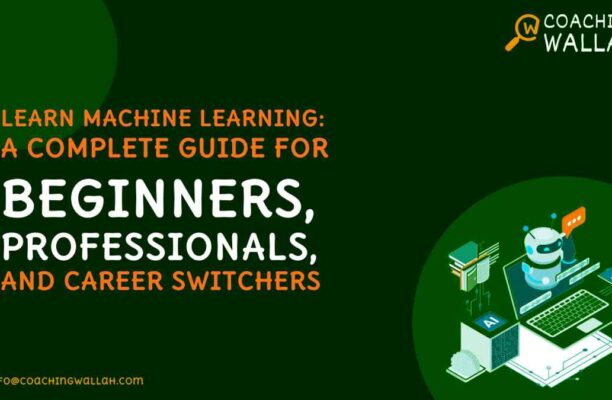Are you interested in building innovative apps, writing code, and solving complex technical problems? If so, becoming a software engineer might be the perfect career path for you. This guide provides a complete roadmap, from learning essential skills to landing your first job and growing in your career.
What Does a Software Engineer Do?
Software engineers design, develop, and maintain software systems to meet user needs. Their tasks include coding, debugging, testing, and collaborating with other teams like product management and design to build scalable solutions.
They typically work in various domains such as:
- Frontend Development – Building the user interface of web applications.
- Backend Development – Writing server-side logic and APIs.
- Mobile App Development – Creating applications for iOS or Android.
- Data Engineering – Working with large datasets, databases, and pipelines.
- DevOps – Managing deployment processes and maintaining cloud infrastructure.
1. Understand the Basics of Software Engineering
Before diving into code, it’s essential to build a foundation in computer science concepts such as:
- Algorithms and Data Structures: Arrays, Trees, Hash Maps, Sorting Algorithms, etc.
- Programming Languages: C++, Python, Java, JavaScript, or Ruby.
- Version Control: GitHub and Git to manage code efficiently.
- Software Development Methodologies: Agile, Scrum, and DevOps principles.
2. Choose a Specialization
Software engineering offers several domains. You can select one depending on your interests:
- Web Development – Frontend (HTML, CSS, JavaScript) + Backend (Node.js, Python, etc.).
- Mobile Development – iOS (Swift) or Android (Kotlin/Java).
- Cloud & DevOps – Learning tools like Docker, Kubernetes, and cloud platforms (AWS, Azure).
- AI & Machine Learning – Master Python, TensorFlow, and data science libraries.
3. Learn the Fundamentals of Programming
Select a beginner-friendly language (like Python or JavaScript) and start practicing coding through online platforms like:
- FreeCodeCamp
- HackerRank
- LeetCode
- Coaching wallah
Understanding syntax alone isn’t enough; make sure you also get comfortable writing algorithms and solving real-world problems.
4. Build Projects and Practice Regularly
Hands-on projects demonstrate your skills and make you job-ready. Start by building small projects like:
- A Portfolio Website
- A To-Do List App
- A Weather Forecast App using APIs
Projects help you understand real-world challenges and can be included in your GitHub portfolio to showcase to potential employers.
5. Get Familiar with Software Development Tools
Software engineers work with various tools and technologies daily. Some essential ones include:
- Code Editors: VSCode, IntelliJ IDEA.
- Version Control: GitHub, GitLab.
- Integrated Development Environments (IDEs): Eclipse, PyCharm.
- Databases: MySQL, MongoDB, and PostgreSQL.
- Testing Tools: JUnit, Selenium for automated testing.
6. Join Online Courses and Bootcamps
Online courses and coding bootcamps are excellent ways to fast-track your learning. Some popular options include:
- Coursera – Offers in-depth software engineering courses from universities.
- Coaching Wallah – Provides nano degrees with project-based learning.
- edX – Courses from top universities like MIT and Harvard.
- The Odin Project – A free bootcamp for web development.
7. Participate in Hackathons and Coding Challenges
Joining hackathons allows you to work on real-world projects with other developers. Coding challenges on platforms like Coaching Wallah, LeetCode and Codeforces will improve your problem-solving skills.
8. Build a Strong Portfolio
Create a portfolio website with links to your projects, GitHub profile, and any certifications you have earned. Include relevant experiences from internships or personal projects to showcase your abilities to potential employers.
9. Prepare for Technical Interviews
Most software engineering roles require passing technical interviews. Use these strategies to succeed:
- Study Data Structures and Algorithms: Focus on arrays, stacks, queues, and trees.
- Practice Coding Questions: Use LeetCode and Cracking the Coding Interview.
- Brush Up on System Design: Learn how to build scalable systems.
- Mock Interviews: Practice with peers or use platforms like Pramp.
10. Apply for Jobs and Internships
Start applying for internships or entry-level jobs on websites like:
Tailor your resume to highlight key technical skills and relevant projects. Write personalized cover letters to stand out.
11. Keep Learning and Growing
Software engineering is a rapidly evolving field. Stay up-to-date with the latest technologies by:
- Following Tech Blogs (e.g., Stack Overflow, GitHub, Medium).
- Contributing to Open Source Projects.
- Attending Meetups and Webinars.
- Learning New Frameworks and Languages (e.g., React, TypeScript, or Go).
Conclusion: A Rewarding Journey Awaits!
Becoming a software engineer requires persistence, continuous learning, and practice. Start small, stay consistent, and keep building projects. Whether you aim to work at a tech giant or a startup, opportunities are limitless in this exciting career.
FAQs: How to Become a Software Engineer
- Do I need a degree to become a software engineer?
- While a degree in computer science helps, many engineers learn through online courses and bootcamps.
- What language should I start with?
- Python and JavaScript are great for beginners due to their simplicity.
- How long does it take to become a software engineer?
- It can take anywhere from 6 months to a few years, depending on your learning pace and background.
- Are coding bootcamps worth it?
- Yes, especially if you prefer a fast-paced, structured learning environment.




Leave your comment